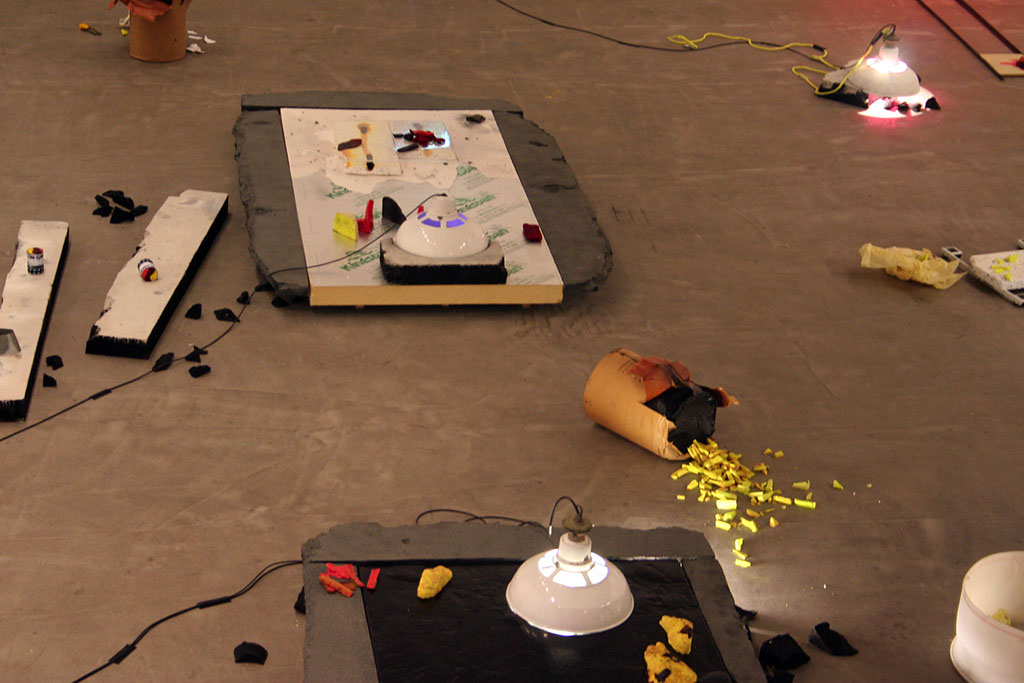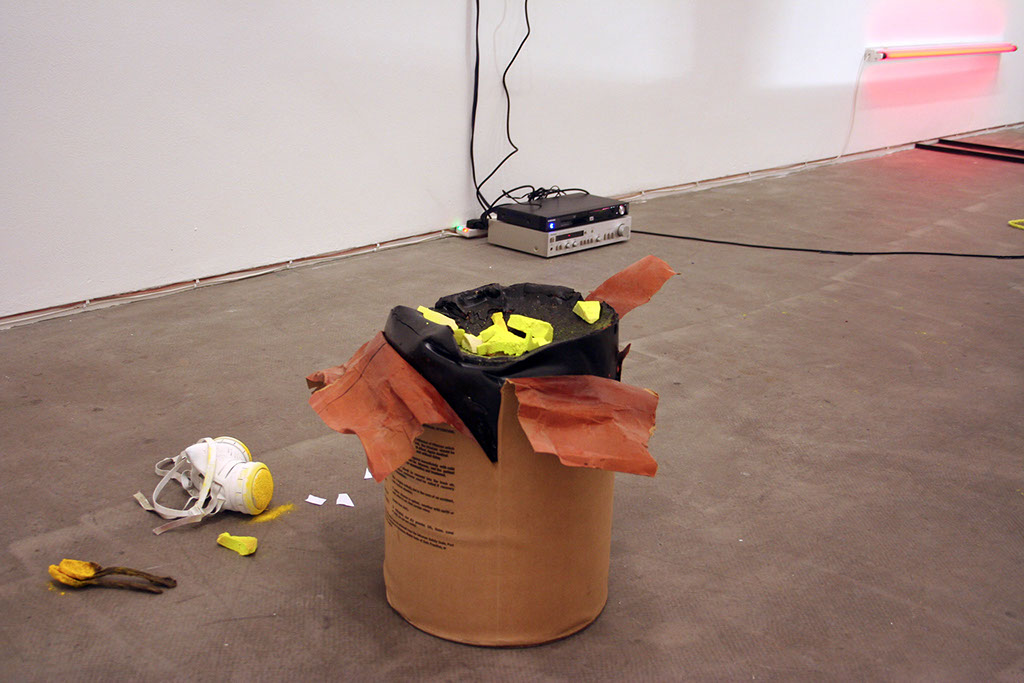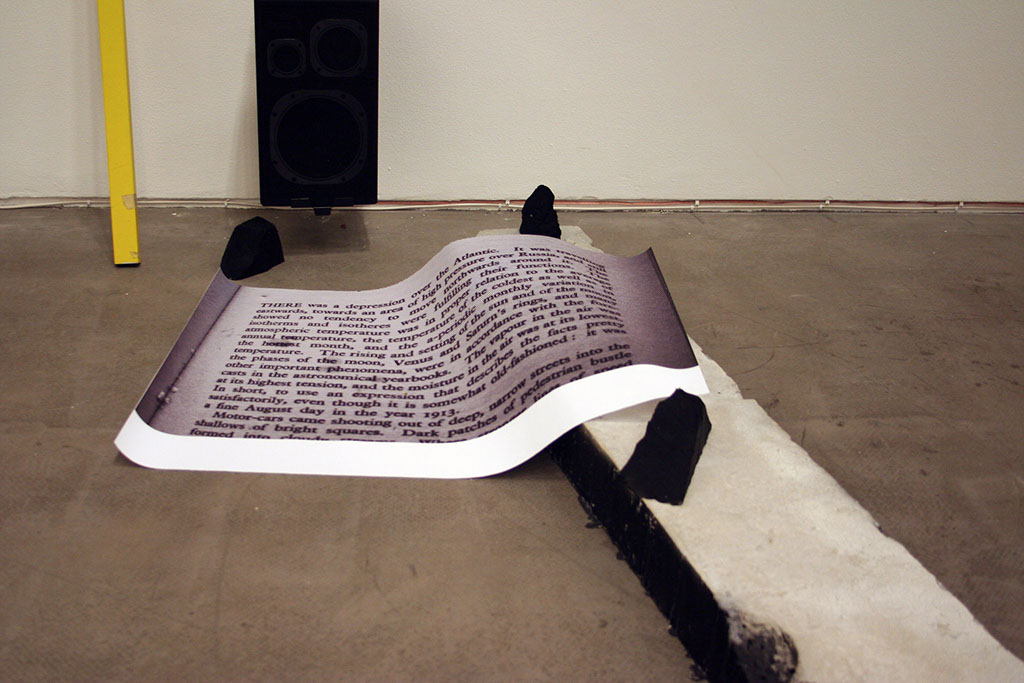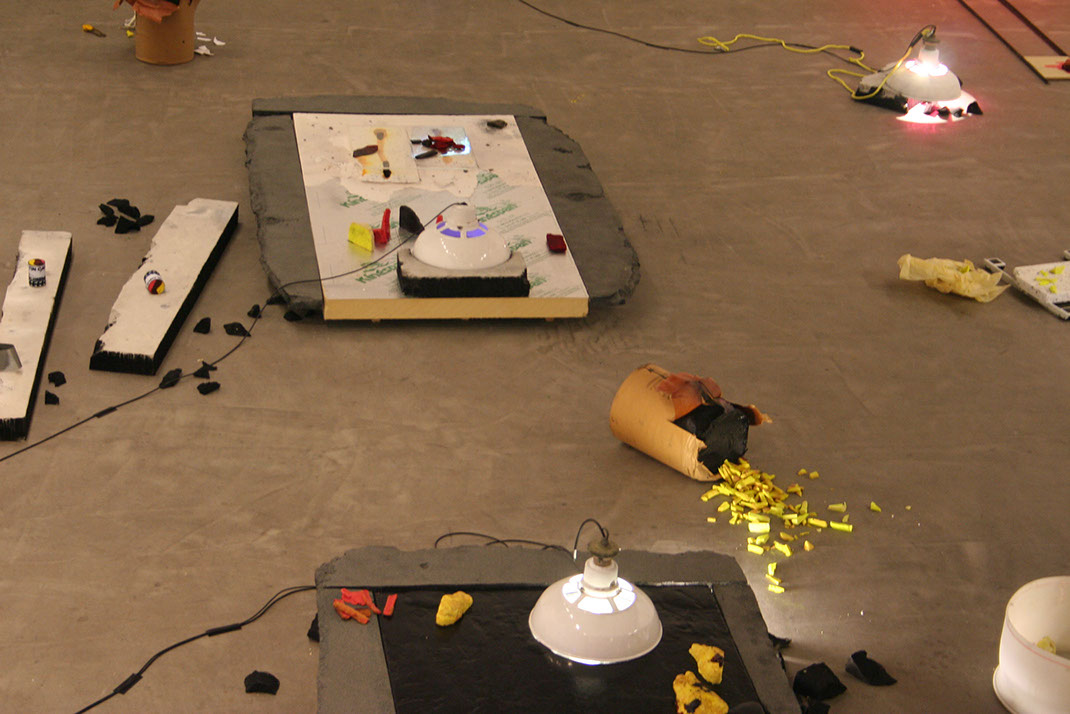







The Case of The Midwife Toad
The Case of The Midwife Toad
The Case of The Midwife Toad
The Case of The Midwife Toad
The Case of The Midwife Toad
The Case of The Midwife Toad
The Case of The Midwife Toad
The Case of The Midwife Toad
8 - 8
<
>
The Case of the Midwife Toad (the unrepeatable experiment) is a response to the series of experiments carried out by the Austrian biologist Paul Kammerer in the first two decades of the 20th century to establish the law of “the inheritance of acquired characteristics”. His ideas sat indirect contradiction to the Darwinian theory of evolution that insisted that acquired characteristics could not be inherited.
Kammerer was exceptionally skilled in the handling and breeding of toads and frogs in laboratory conditions. His findings were based on the study of particular toads in captivity over extended periods of time within alien environments artificially created in his laboratory in the Vivarium in Vienna. Ultimately when his findings were dismissed as falsified Kammerer committed suicide.
His work was since reassessed and given credence in the book The Case of the Midwife Toad written by Arthur Koestler.
This work is an extension of themes contained in earlier works but uses more direct biological references. This is an improvisational response to a “selected” subject where the work is both dependent on its origins and freely autonomous at the same time. A relationship that Kammerer's research implies is present in the human species.

